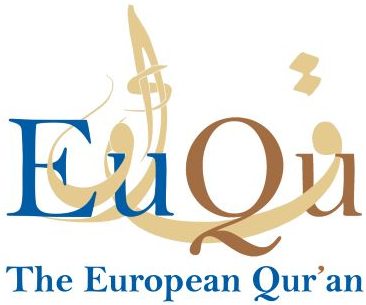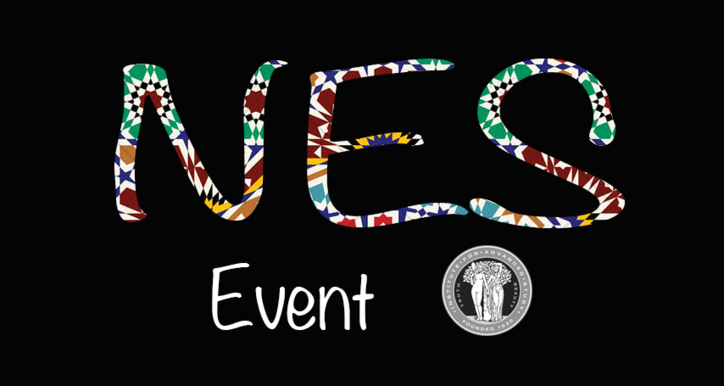February 10, 2021 on Zoom
Near Eastern Studies Lecture, The European Qur’ān: The Qur’ān in European Religious and Cultural History with the Princeton IAS.
A presentation by Mercedes Garcia-Arenal (CSIC, Madrid), Roberto Tottoli (University of Naples “L’Orientale), John Tolan (University of Nantes), and Jan Loop (University of Copenhagen), hosted by Sabine Schmidtke (School for Historical Studies, IAS)
Description
A presentation by Mercedes Garcia-Arenal (CSIC, Madrid), Roberto Tottoli (University of Naples “L’Orientale), John Tolan (University of Nantes), and Jan Loop (University of Copenhagen), hosted by Sabine Schmidtke (School for Historical Studies, IAS)
“The European Qur’ān” (EuQu: http://deji.cchs.csic.es/) is an ongoing project funded by a Synergy Grant of the European Research Council (ERC), dedicated to the important place of the Muslim holy book in European cultural and religious history. From the 12th century to the 19th, European Christians read the Qur’ān in Arabic, translated it into Latin, Greek and various vernacular languages, refuted it in polemical treatises, and mined it for information about Islam and Arab history. The “European Qur’ān”, in its various manifestations (Arabic editions, Latin and vernacular translations) should be conceived as scholarly efforts to understand Islam; as weapons in polemical exchanges between divergent versions of Christianity; as financial ventures on the part of printers and publishers; and as tools for the understanding of Semitic languages, Arab history and culture, and the history of monotheism.
The team that leads the project —Mercedes García-Arenal, John Tolan, Roberto Tottoli, Jan Loop— with their respective units in Madrid, Nantes, Naples and Copenhagen, will be dealing with various aspects of the transmission, translation, uses and study of the Qur’ān in Europe, on the role the Qur’ān played in debates about European cultural and religious identities, and more broadly about the place of the Qur’ān in European culture.
* The research leading to these results has been funded by the European Research Council (ERC) under the European Union’s Horizon 2020 research and innovation programme, grant agreement no. 810141, Project EuQu: “The European Qu’ran. Islamic Scripture in European Culture and religion 115-1850.”
10 févr. 2021 12:00 PM dans Heure normale de l’Est (États-Unis et Canada)


